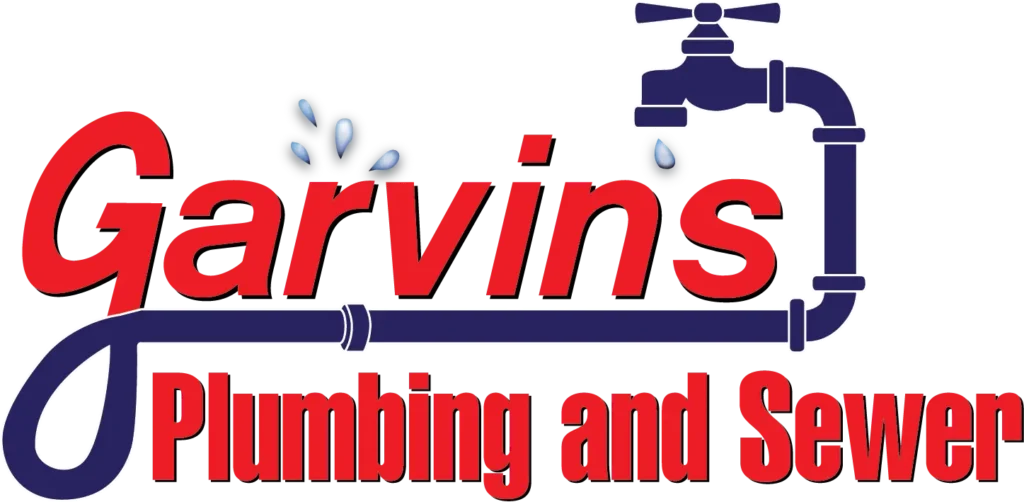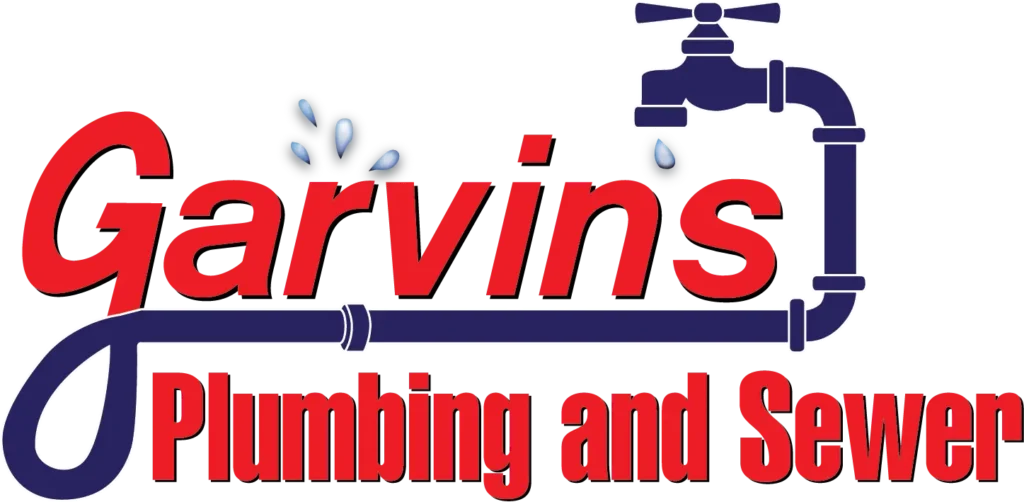What is a sewer scope inspection & why get one?
A sewer scope inspection is the best option when you want to know what’s happening inside a sewer pipe. A sewer scope, also called a sewer camera inspection or simply “scope,” is a tool used to inspect the inside of a sewer line. Unlike a roto-rooter machine or jetter, it doesn’t clean the line; instead, it lets you see the condition inside the sewer line without having to dig it up.
A sewer scope or camera inspection runs the full length of the sewer line. With a sewer scope, you can determine:
- The condition of the sewer line (excellent, good, fair or bad)
- What the sewer line is made out of (clay, cast iron, plastic, or Orangeburg)
- Any problems with the sewer line (such as roots, bellies, offsets or breaks)
- The length of the sewer
- The sewer line access point
For the best results, we recommend a sewer cleaning beforehand. The camera footage won’t be usable if the sewer line has too many obstructions that block out light. For example, if the pipe is full of water, the camera will only see water and things floating in it. It won’t show cracks, offsets or other problem areas. A sewer scope inspection may be ineffective if your sewer line is completely blocked or broken. Instead, your best option would be a sewer line locate.
The top three reasons that homeowners in the Denver area schedule a sewer scope inspection:
- You are buying a property and want to know if the sewer is in good condition.
- You are having frequent plumbing problems and want to know the reason.
- You aren’t sure about an aspect of your sewer line and want to see what’s going on.
Why book a sewer camera inspection for a real estate transaction?
Whether you are buying or selling a property, a sewer scope is very helpful. No one wants to purchase a property with constant sewer line back-ups or a broken sewer line. A camera inspection will give you a look inside to confirm the line is in good working order.
How can a sewer scope help resolve ongoing plumbing problems?
If you’ve been dealing with ongoing plumbing issues, like backups, more frequently than once every six months, we recommend a camera inspection. The problem may result from an issue in your sewer line that a sewer scope can catch.
Should I get a sewer scope to see what’s going on in the line?
If you are curious about your sewer line, a sewer scope can answer some questions, like the line’s condition and what it’s made of. Sewer specialists can also use it to determine what repairs have been done in the past.
We suggest that if there isn’t a problem, don’t look for one.
What happens if there are problems with the sewer line?
If the sewer scope finds problems, or we can’t see in the line because it still isn’t open after cleaning, we recommend a sewer line locate. A line locate lets us know where to dig (depth and location) to determine the problem.
When there are problems with a sewer line, we usually recommend a sewer line cleaning instead of a sewer line replacement. We are specialists at opening lines that others have determined need replacement. We only suggest sewer line repairs or replacement if there is full failure of a section of the sewer line due to blockage or breakage or if you need to add an access point for proper maintenance.
What’s the difference between a sewer scope and a sewer line locate?
A scope is like eyes; it allows us to see inside to determine the condition of a drain line. A locate is like ears; it allows us to hear a sound to mark the direction and depth of the line. After a sewer scope inspection, you’ll receive video footage of your sewer line. After a locate, there will be markings on the ground noting where the sewer line runs. he same piece of equipment, with different attachments, is used to provide these two services.
If you have additional questions about sewer scope or sewer location services in the Denver, Colorado, area, contact us! We’d love to share our expertise with you.
About the Author:
Kris Jordan is the General Manager of Garvin’s Sewer Service serving the Denver metro area. She is the third generation to work in this family business started in 1940 by her Great Uncle Russell Garvin. Garvin’s prides itself on reliability and honest, knowledgeable staff.





